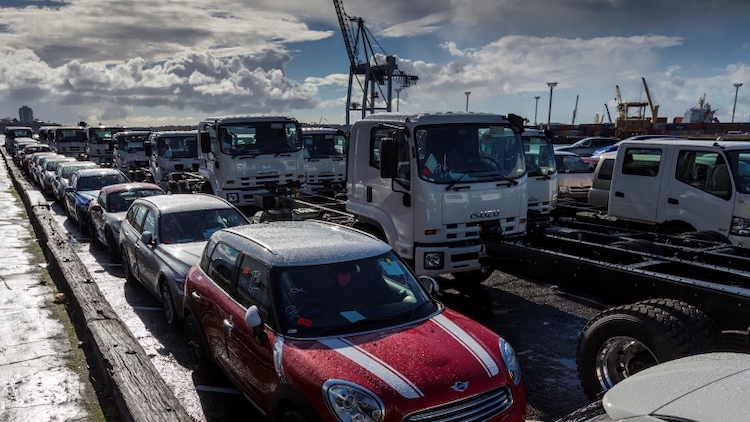
FleetPartners Group has reported that assets under management or financed (AUMOF) ended the half-year at $1.9 billion, up 2% compared to the previous corresponding period.
In spite of ongoing delays to new vehicle supply, FleetPartners says its new business writing (NBW) performance ensured the second consecutive year of AUMOF growth.
The Group is a market leader in New Zealand, where the demand for Hybrid (HEV), Plug-in Hybrid (PHEV) and Battery Electric Vehicles (BEV) has been stimulated by legislation supporting low and no emission vehicles. These cars currently represent 50% of the New Zealand business NBW order pipeline.
In line with the Group’s strategy of directing more NBW to warehouse funding, on balance sheet funded AUMOF (warehouse and ABS) increased by 5%. On balance sheet funded leases generate a higher overall return over their term than P&A funded leases.
Underlying customer demand remained strong, with NBW orders in 1H23 up 1.3x compared to pre-COVID-19 levels2 and NBW order pipeline up 3.0×4. Both results represent record highs.
The Group delivered NBW of $322.5 million, down 3%, a strong result in the context of ongoing vehicle supply chain disruption, stemming from a global production backlog, compounded by shipping shortages and port congestion.
It’s focus on cost management continued in 1H23, with operating expenses of $41.5 million. The half-year run rate has the Group on track for $82-$83 million for the full year which would represent a 2%-3% increase compared to FY22.
The average end of lease income (EOL) per vehicle during 1H23 was $7,658, remaining elevated relative to pre- COVID-19 levels as a result of ongoing supply constraints. The performance was flat compared to 2H22 and down 13% compared to the previous corresponding period (pcp).
Supply constraints also resulted in vehicles at end of lease being extended as customers await replacements, driving a decrease of 20% in EOL units disposed compared to pcp.
Order activity is showing significant strength and NBW order pipelines across the Group’s segments are at record highs, which is expected to support asset and revenue growth in future periods as the supply chain normalises.








